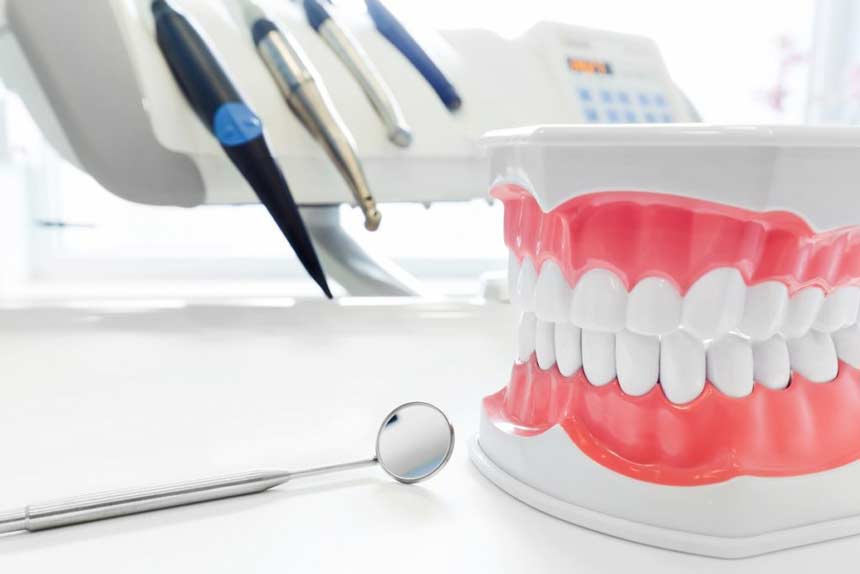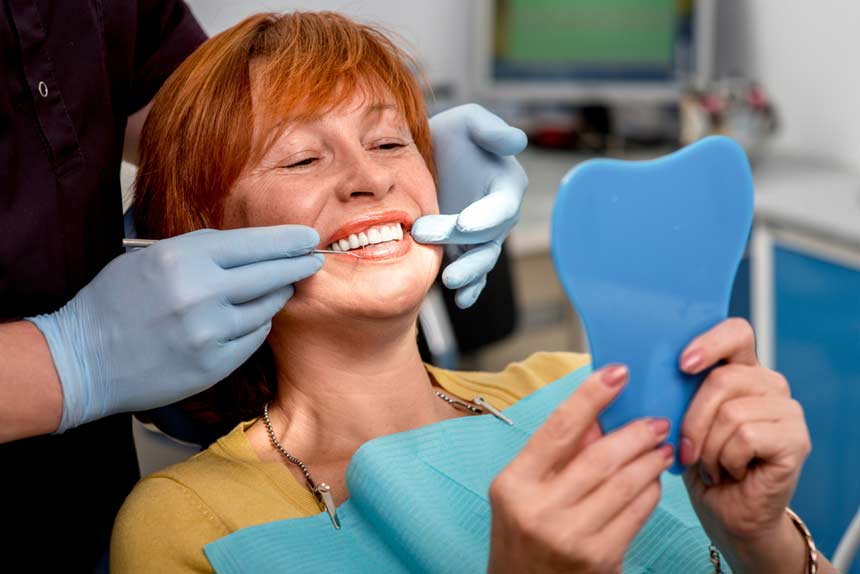
The loss of teeth can affect your self-esteem. Not only that but the process of getting dentures can be a trying one, and it requires the right knowledge so you can get the appropriate dentures and the right fit. Also, you need to know how your dental prosthetist will go about the implantation process, assuming that you already have a reliable dental prosthetist.
Dentures are replacements for your missing teeth and some of the surrounding tissue. There are two main types of dentures, which we will take a deep look in this post.
Partial Dentures
These dentures are used to replace multiple teeth, but they are sometimes used for single teeth replacement as well. Partial dentures are used when some teeth are present. They are used on young individuals who have suffered from teeth injuries or gum disease. A partial denture is attached to the teeth with clasps around the real teeth.
Complete Dentures
On the other hand, complete dentures are full dentures, which are mostly used when all of the patient’s teeth are missing. While there are exceptions, these kinds of dentures are commonly used by seniors. They are made after an individual’s teeth are removed, and the gum has started to heal. Well, there are two types of dentures that fall under the complete denture category namely; immediate dentures and conventional dentures.
- Conventional dentures are made and ready to place in a person’s mouth three months after their teeth have been removed.
- On the other hand, the immediate ones are prepared earlier so that they can be placed as soon as the patient’s teeth have been removed. Its main advantage is that you do not have to stay without teeth during the healing period. However, because gums and bones shrink over time, these dentures call for adjustments, especially during the healing period. Immediate dentures ought to be a temporary solution while the conventional dentures are being made.
Dentures are also custom made for each and every patient. This is pretty obvious as the anatomy of our mouths and jaws differ. This means you need to attend various appointments with your dental prosthetist so that a perfect set of dentures can be made.
Furthermore, it is worth taking note that even though dentures are not like regular teeth, they need to be cleaned regularly, at least once per day. They need to be removed and washed with a cleaner and a brush. At first, the new dentures will have to stay in overnight, during the adjustment period.
If you reside in Perth and feel the need to have dentures, visit Direct Denture Care for the best denture services. New cosmetic dentures, denture relines, emergency denture repairs or custom mouth guards, you will be surprised by the quality of services they offer.













